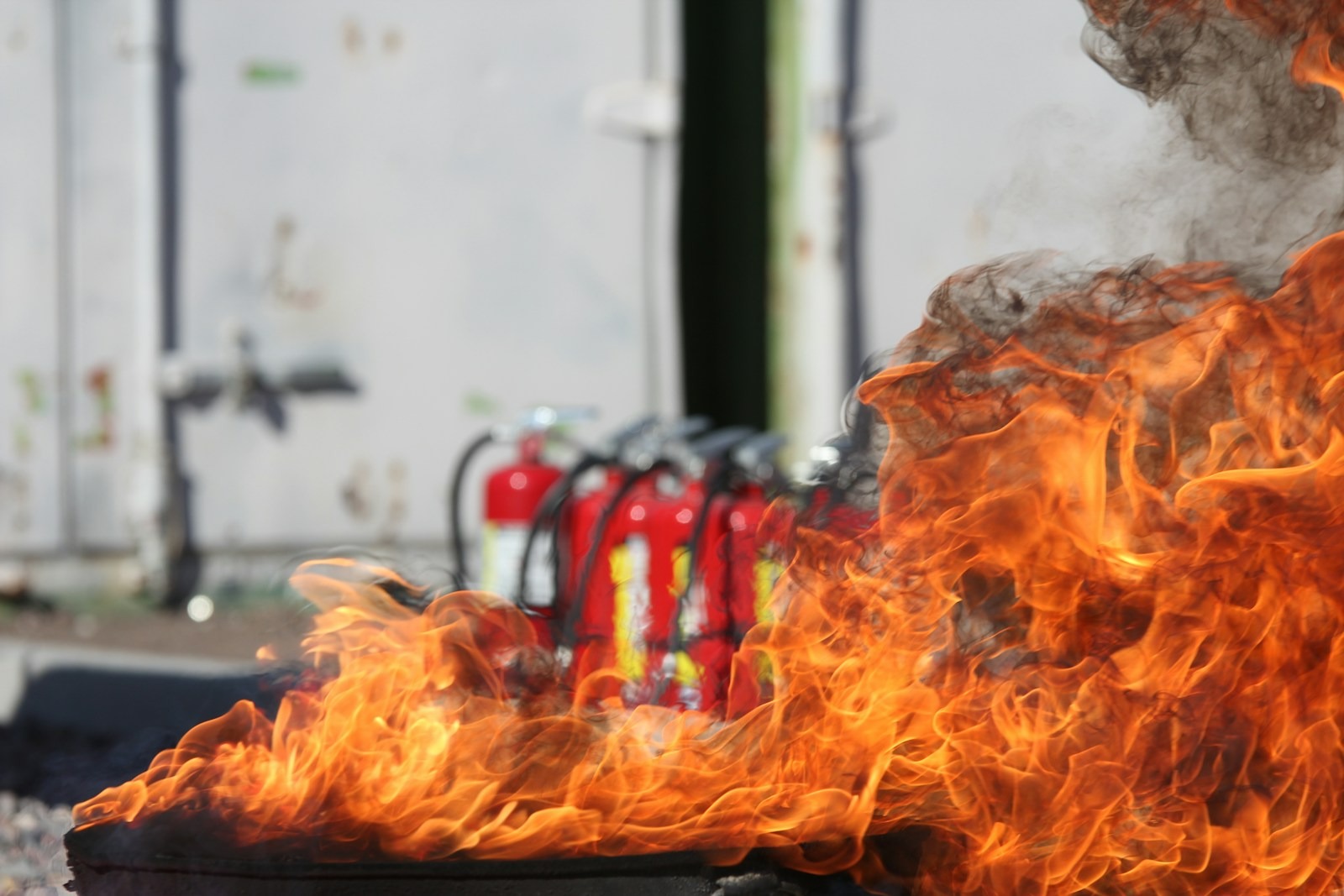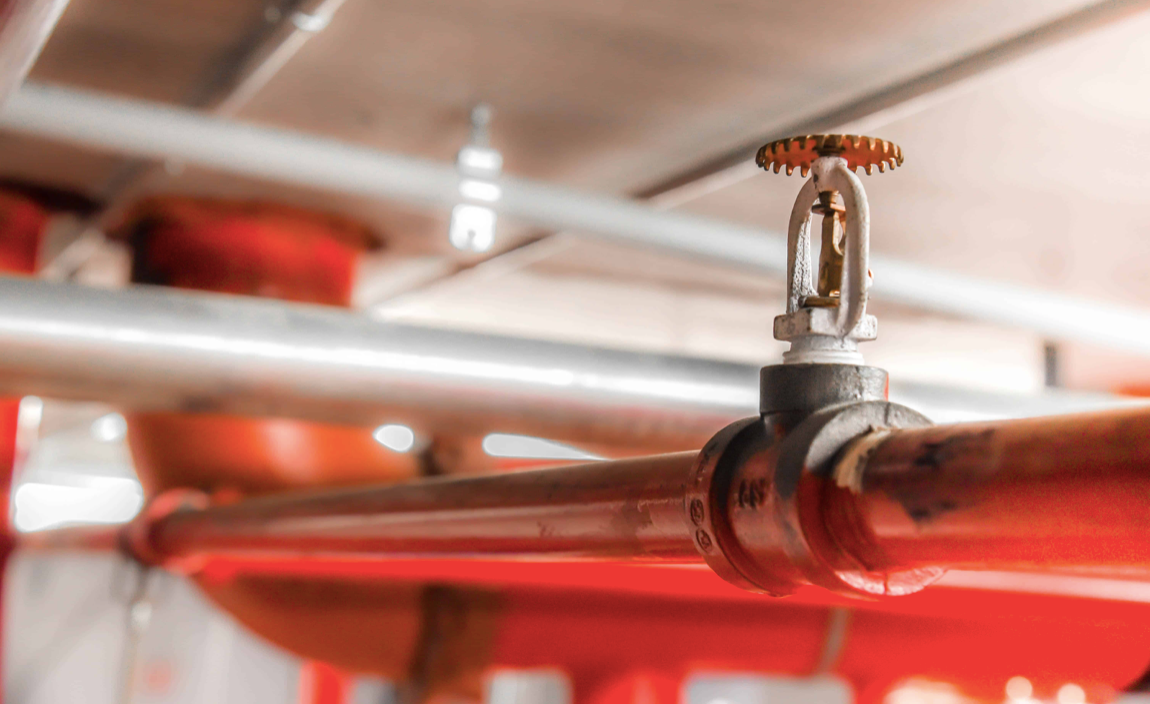Non-Compliance Is Never Cheaper
Skipping a fire safety audit may seem like an easy saving, but the reality is the opposite. Regulators, insurers, and even tenants now expect buildings to prove compliance with the Building Code of Australia, relevant Australian Standards, and state legislation such as the Queensland Building Fire Safety Regulation.
Failing to comply doesn’t just put lives at risk — it exposes property managers and owners to fines, denied claims, and reputational damage that far outweigh the cost of an audit.

The Real Financial Costs of Skipping Fire Safety Audits
When compliance is neglected, the costs escalate quickly:
- Regulatory fines
State regulators impose penalties that often run into tens of thousands of dollars. In Queensland, serious fire safety breaches can attract fines exceeding $30,000. These are preventable costs that arise simply from missing required audits or failing to maintain documentation. - Denied insurance claims
Insurers require documentation such as the occupier’s statement, maintenance logs, and test records. If those are missing, they may refuse to cover fire-related damages. A missing record has been enough to void claims worth millions. - Increased premiums
A history of non-compliance makes your building a higher-risk asset. Insurers respond by raising premiums or excluding certain types of coverage altogether. - Personal liability
If an incident occurs and non-compliance is proven, property managers and directors can be held personally liable for damages. That liability may include injury claims from staff, tenants, or visitors.

The Reputational Damage Is Just as Costly
Financial penalties are measurable, but reputational damage can be harder — and more expensive — to recover from.
- Tenant confidence: Many corporate tenants now request fire compliance documentation before signing leases. Missing or outdated records can lead to deals falling through.
- Regulatory scrutiny: Once regulators find a property to be non-compliant, they often place it under closer, ongoing supervision. This creates a cycle of inspections and administrative burden.
- Public perception: In the event of a fire, media reports often highlight whether a building was compliant. For property managers, being associated with unsafe conditions can permanently damage credibility.

Compliance Is Always Cheaper Than Non-Compliance
The cost of audits is small compared to the fallout of being caught unprepared. Regular fire safety audits ensure you meet your obligations and have evidence to prove it.
Every audit confirms that:
- Fire evacuation plans are accurate, so occupants know exactly what to do in the event of an emergency
- The special needs register is current, ensuring vulnerable occupants are not overlooked.
- Staff are trained through fire warden training and evacuation training, reducing risks during real emergencies.
- The occupier’s statement is properly maintained, protecting you against denied insurance claims.
Each of these safeguards has a direct impact on compliance, safety, and financial security.
How Fire Auditors Protect Property Managers
At Fire Auditors, our role is to prevent compliance gaps from becoming costly liabilities. Our audits are designed to:
- Verify records and documentation: We review maintenance records and create occupier’s statements, testing logs, and certificates so you are never caught without proof of compliance.
- Assess building readiness: From evacuation diagrams to exit signage, we confirm your property meets every standard required by regulators.
- Support occupant safety: By checking the special needs register and staff training programs, we ensure all occupants — including vulnerable people — are protected.
- Provide audit reports: Our findings give you a clear action plan, so you can close any compliance gaps before they trigger fines or claims.
With Fire Auditors, you’re not just checking boxes — you’re securing compliance, protecting your insurance, and building trust with regulators and tenants.

Compliance Is an Investment in Protection
Skipping a fire safety audit may look like a saving on paper, but the real cost comes later — in fines, denied insurance claims, legal exposure, and lost reputation. Compliance is always the cheaper, smarter, and safer choice.
Protect your building and your future: Arrange your fire safety audit with Fire Auditors. Our licensed team ensures your property is compliant, safe, and financially protected.

